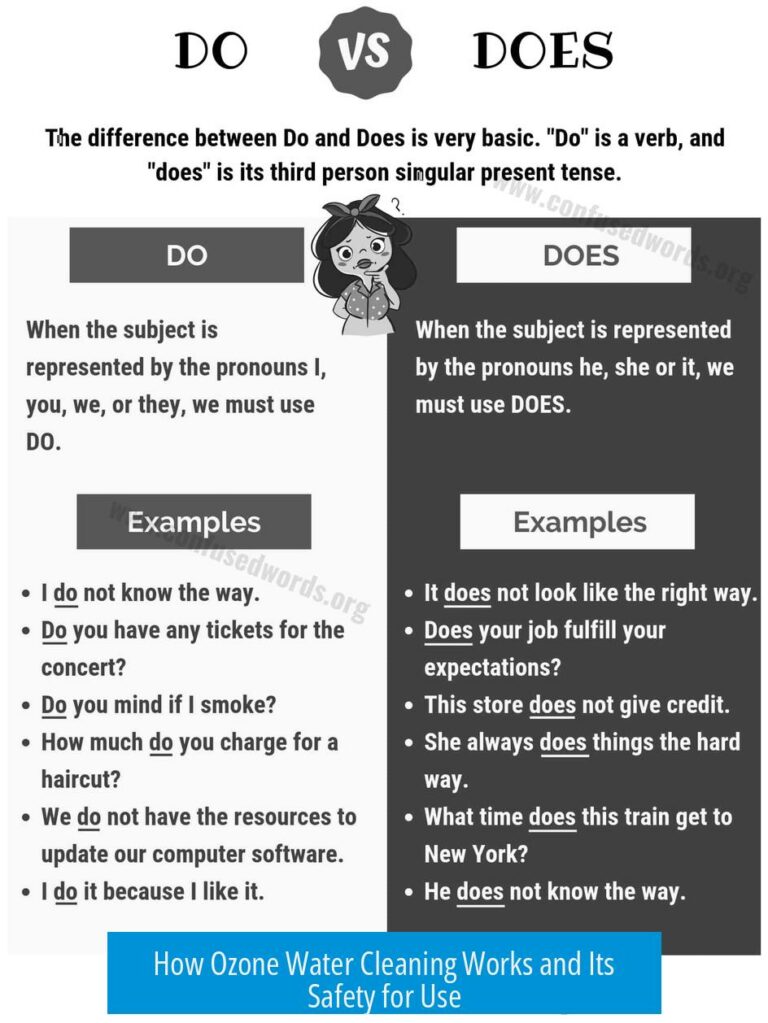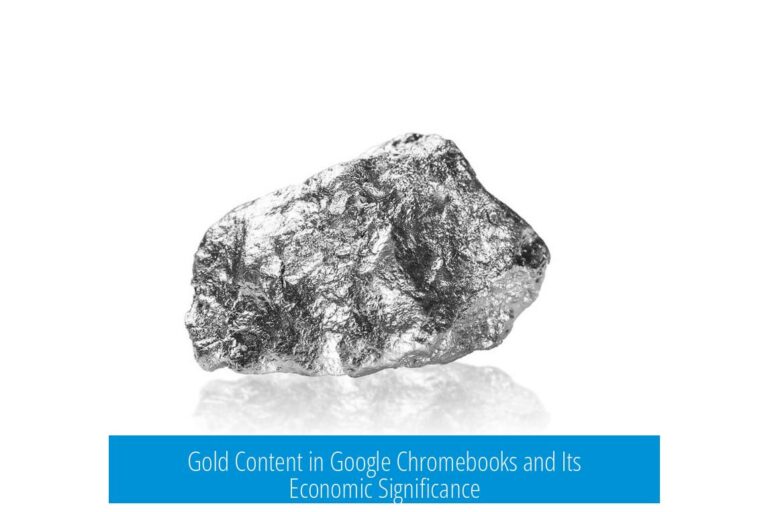What Is the Best Book to Learn About All the Chemical Elements?
The best book to learn about all the chemical elements depends on the reader’s goal: Nature’s Building Blocks by Emsley offers an enjoyable, detailed overview of each element’s history, quirks, and uses. For visual learners, The Elements by Theodore Gray provides a broad and engaging survey. For those seeking a conceptual understanding of the periodic table itself, The Periodic Kingdom by Peter Atkins is ideal.
Key Books for Learning About Chemical Elements
- Nature’s Building Blocks by Emsley: This book focuses on the story behind each element. It covers historical discoveries, unique properties, and practical applications. It does not emphasize periodic trends but is an easy, informative read.
- The Elements by Theodore Gray: Known for vivid photography and clear organization, this book visually surveys all elements. It suits readers who prefer images and concise facts about each element.
- The Periodic Kingdom by Peter Atkins: This book concentrates on the logic and structure of the periodic table. It imparts conceptual understanding rather than exhaustive element details.
Additional Learning Resources
Beyond books, other formats can aid learning:
- Periodic Videos: An award-winning series offering short, engaging visuals on nearly every element. These videos present chemistry in a straightforward, accessible manner.
- Elemental Radio Program (RNZ): For those who prefer audio, this program provides insightful discussions related to elements.
Depth and Focus of Content
For a detailed chemical understanding, textbooks specializing in inorganic or organic chemistry explore element groups and reactions deeply. Such books cover concepts like lanthanide contraction or electron behavior but focus on select elements rather than all.
Studying nucleosynthesis offers a different angle, explaining how elements form in stars. Although not commonly covered in element encyclopedias, it provides a unifying perspective on element origins.
Summary of Recommendations
| Resource | Best For | Notes |
|---|---|---|
| Nature’s Building Blocks | Historical & practical info on all elements | Fun and informative read |
| The Elements | Visual survey with photos | Engaging and accessible |
| The Periodic Kingdom | Conceptual framework of the periodic table | Focus on periodicity concept |
| Periodic Videos | Quick video introductions | Surface-level but award-winning |
| Elemental (RNZ program) | Audio learning | Element discussions by experts |
Key Takeaways
- Choose Nature’s Building Blocks for detailed stories and facts about each element.
- For visual learners, The Elements offers a colorful overview.
- The Periodic Kingdom fits readers drawn to the periodic table’s structure.
- Use videos or audio programs as supplements or quick introductions.
- Advanced chemical details require specialized inorganic or organic chemistry texts.
What book best explains the periodic table conceptually?
The Periodic Kingdom by Peter Atkins offers a clear framework for understanding the periodic table. It focuses on the organization and logic behind the elements’ arrangement rather than detailed descriptions.
Which book provides detailed histories and uses of each element?
Nature’s Building Blocks by Emsley covers the history, applications, and unusual facts about each element. It’s a good pick for readers interested in stories and practical info about the elements.
Is there a visually engaging resource that covers all elements?
The Elements by Theodore Gray presents a broad and colorful overview of all the elements. It combines images with clear explanations, making it suitable for visual learners.
Are there resources for quick learning about chemical elements besides books?
Yes. The Periodic Videos are an award-winning series with short videos on almost every element. They are light but provide good visual summaries for quick learning.
Is there an audio resource for learning about chemical elements?
The RNZ Elemental program offers an audio format to learn about elements. It suits those who prefer listening over reading and provides engaging content on chemical elements.
Where can I find in-depth chemical detail about specific element groups?
Inorganic and organic chemistry textbooks focus on deep insights, like electron behavior in reactions or trends in element groups. These books are more technical and field-specific.





Leave a Comment